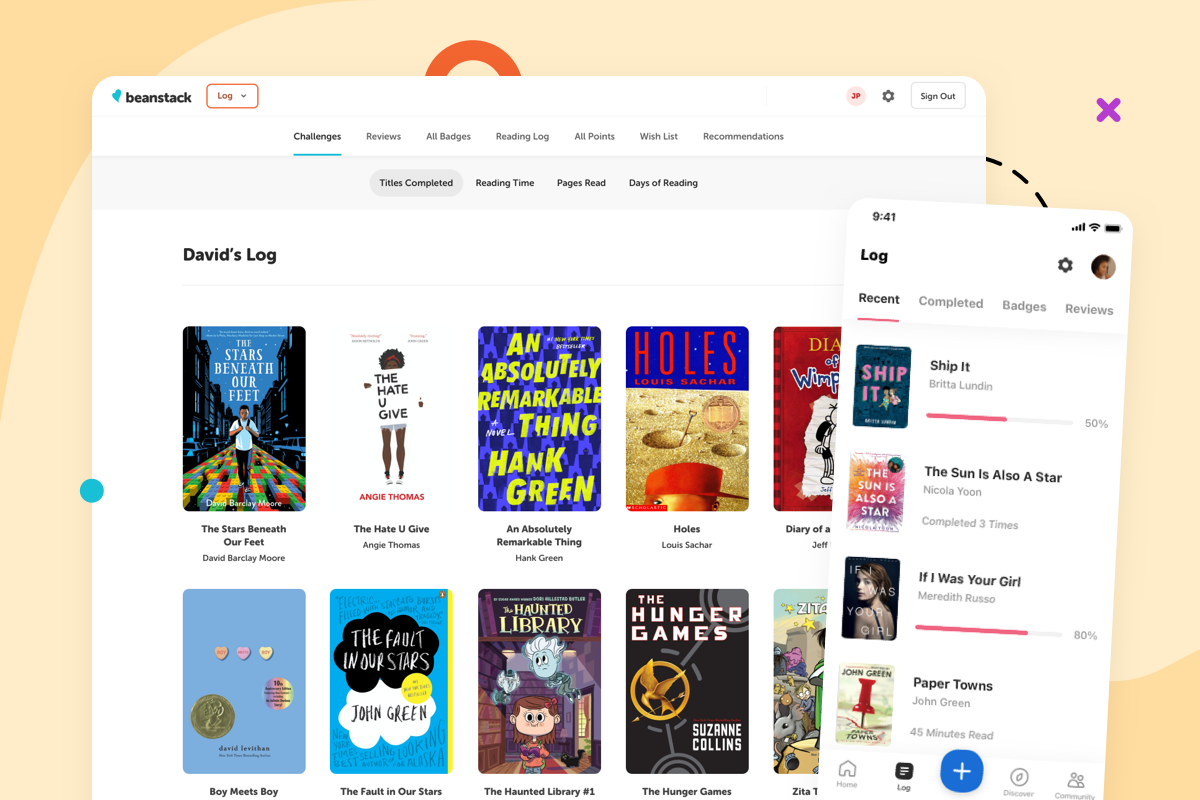Every entrepreneur wonders: “Will my startup sink or swim?” When Felix Brandon and his wife Jordan Lloyd Bookey launched Zoobean, a startup focused on children’s reading, they found themselves swimming in rough waters early on. A few months after launch, the founders were invited to pitch their business on the TV show Shark Tank.
What felt like a sinking moment turned into more than a lifeline for the fledgling business — it entirely transformed their business model. In the year that followed the Shark Tank episode, Zoobean went from a consumer subscription service to an enterprise reading program platform loved by millions of readers of all ages.
